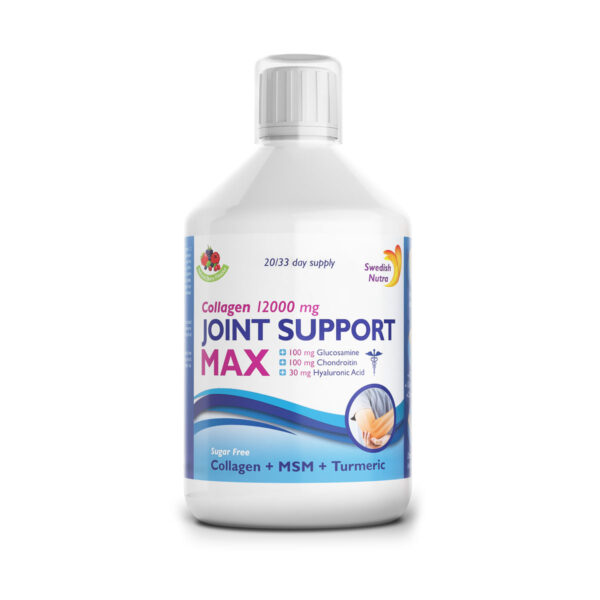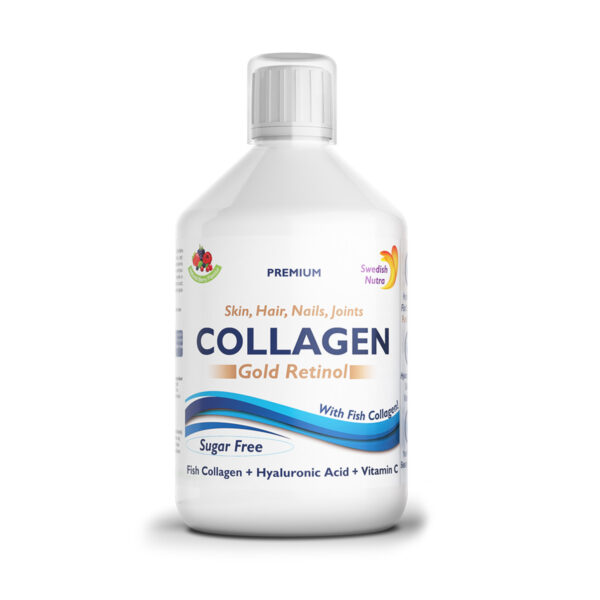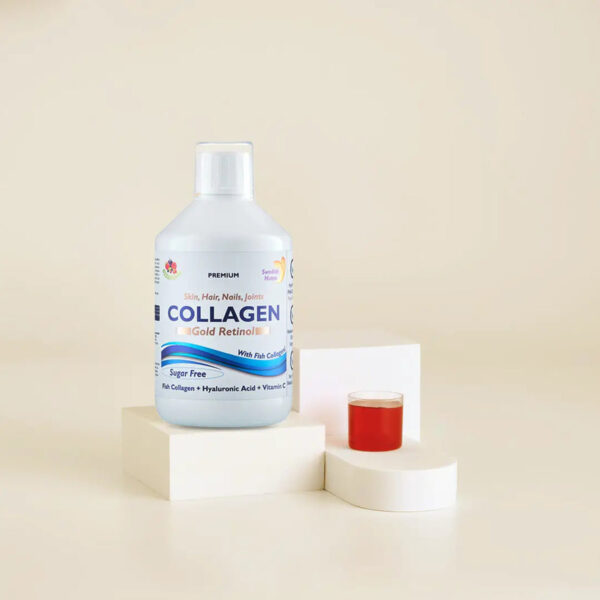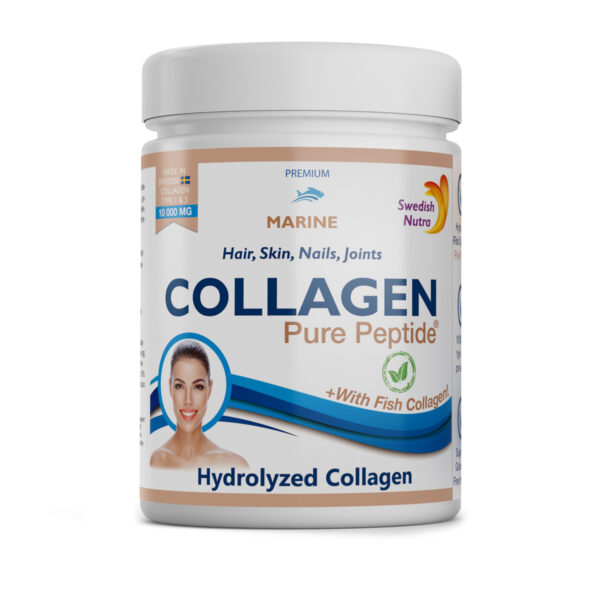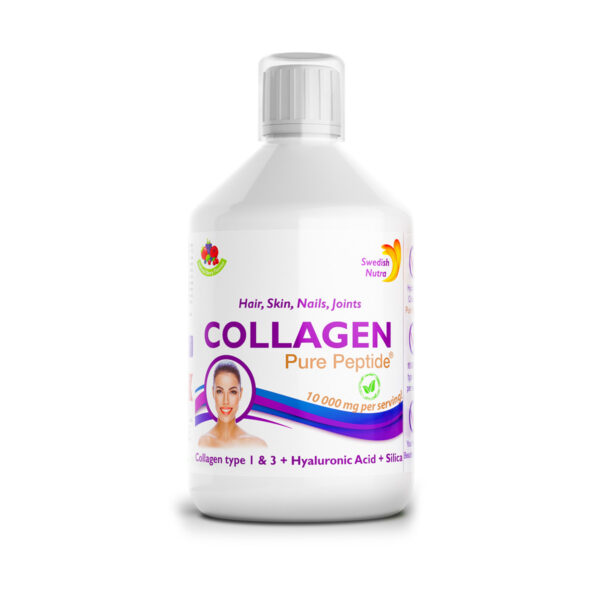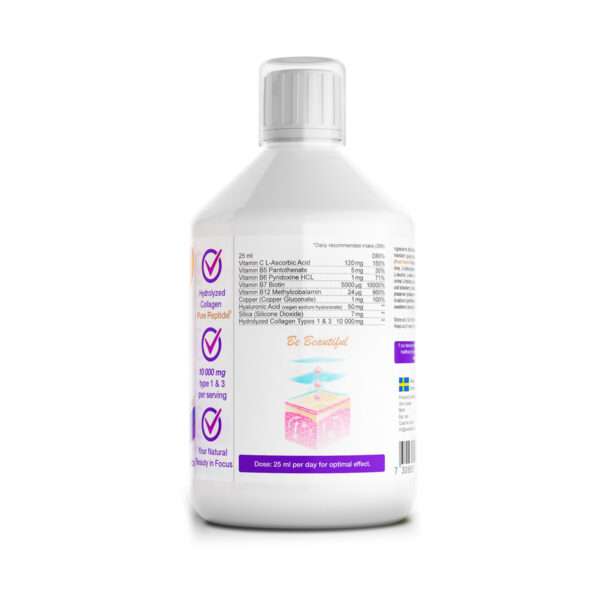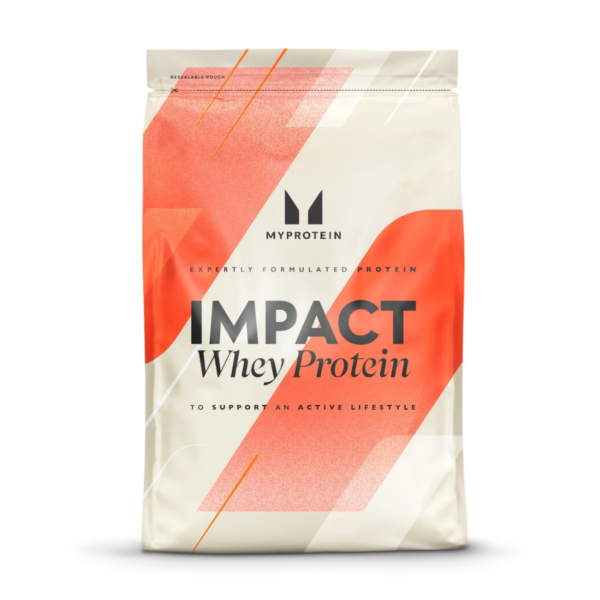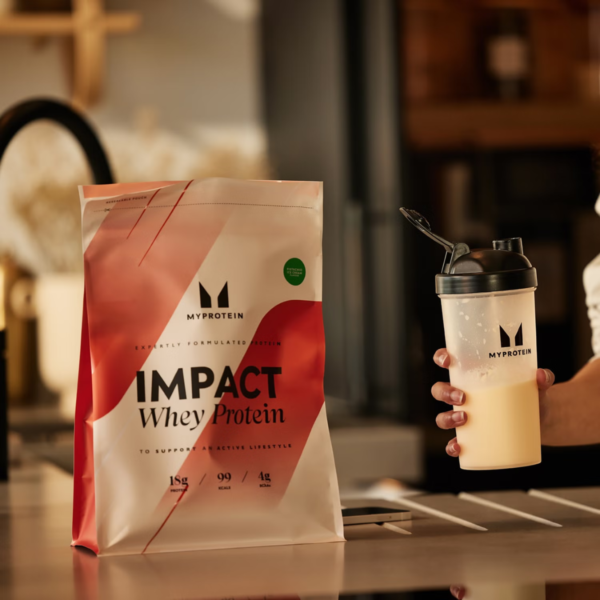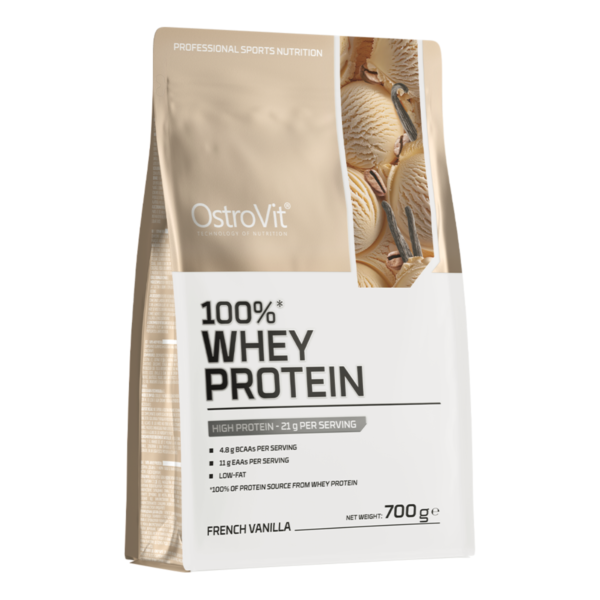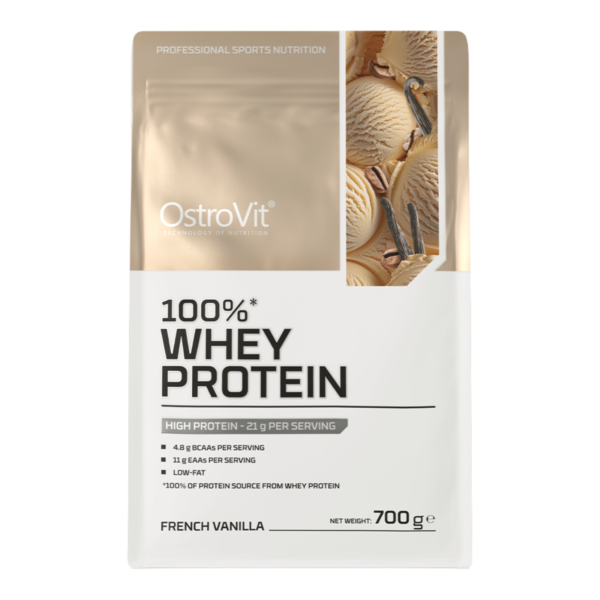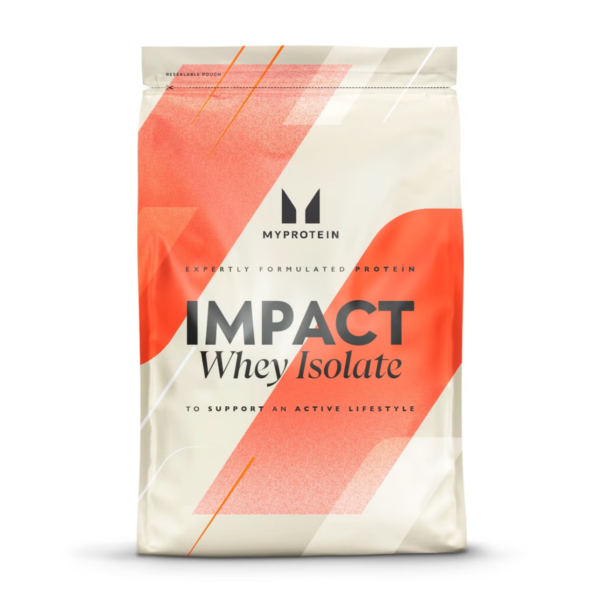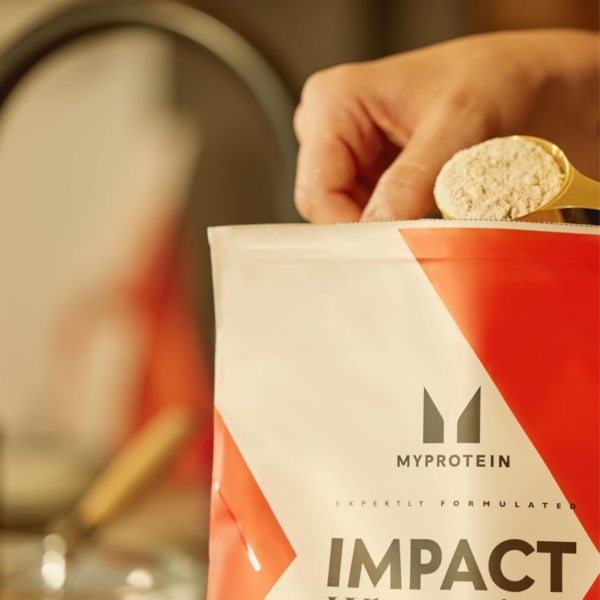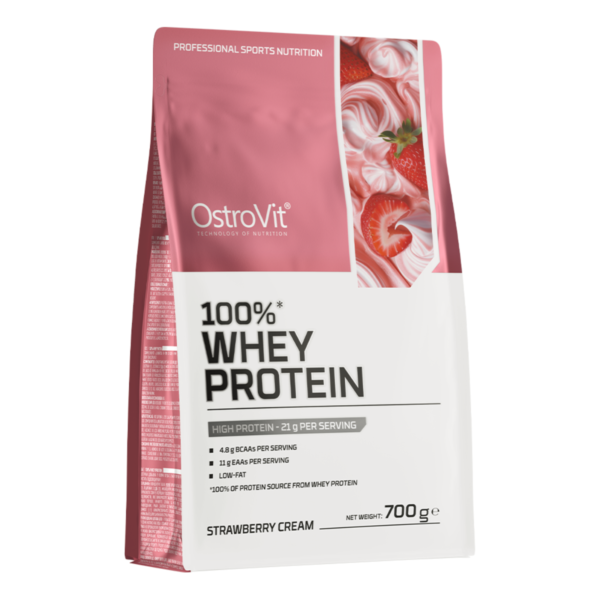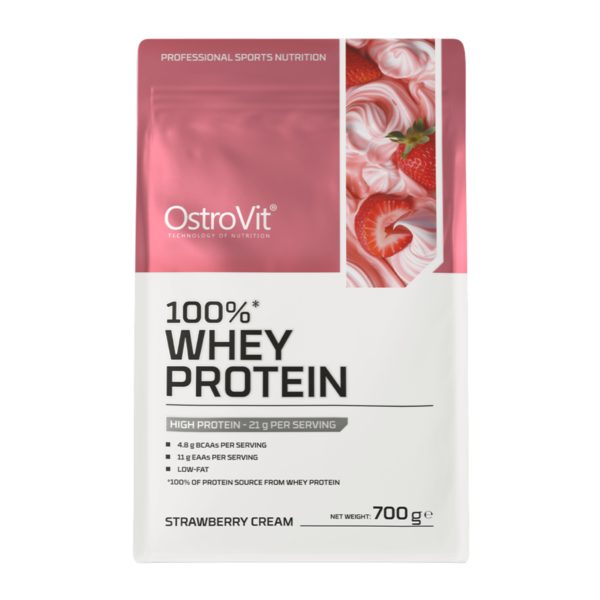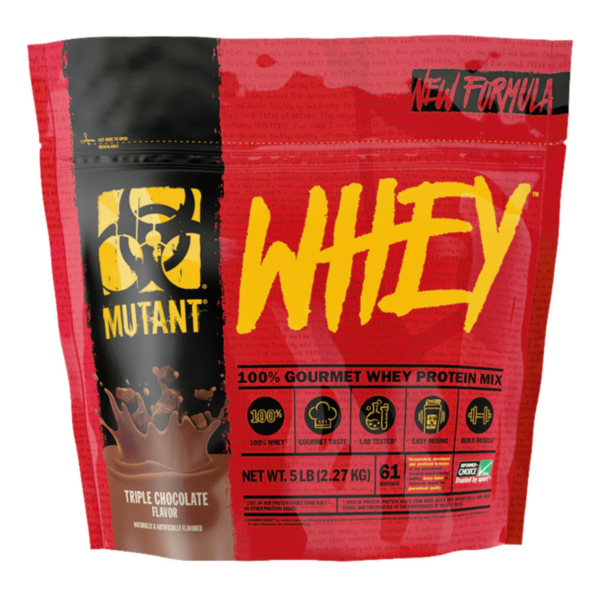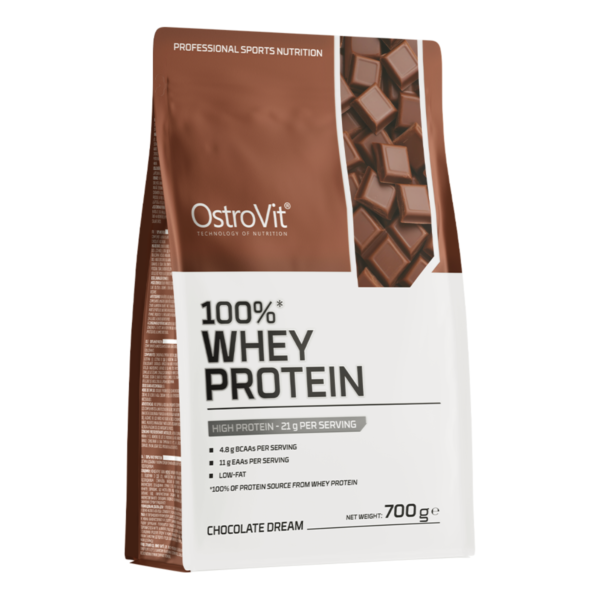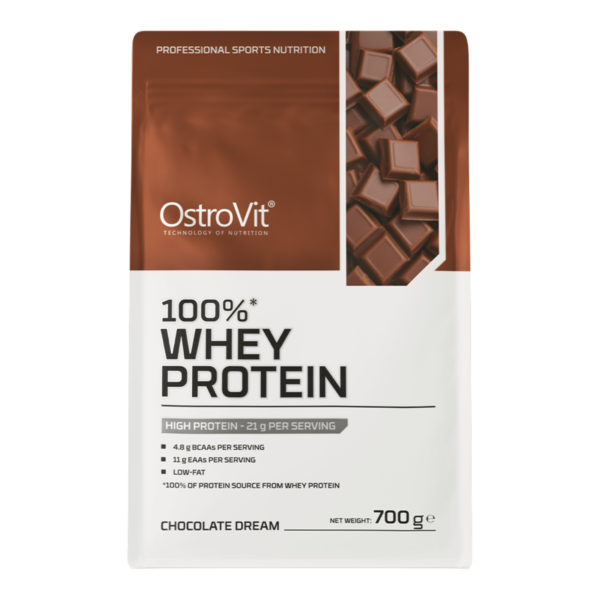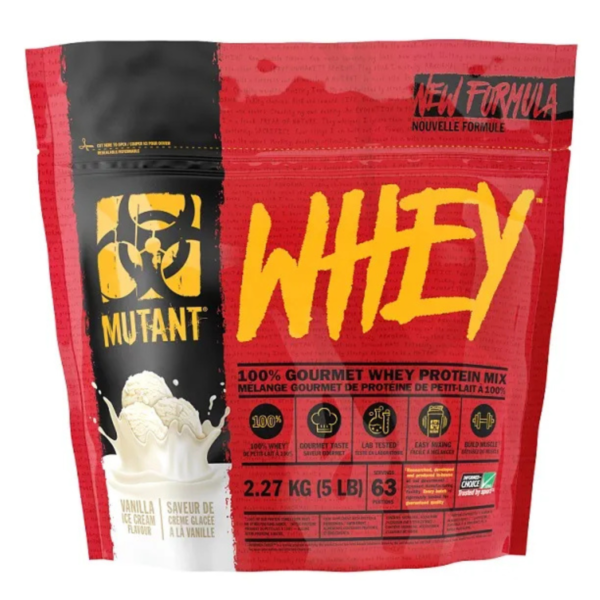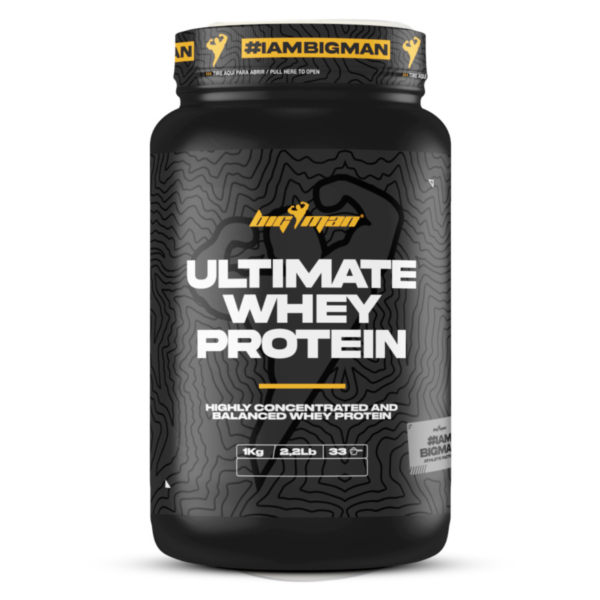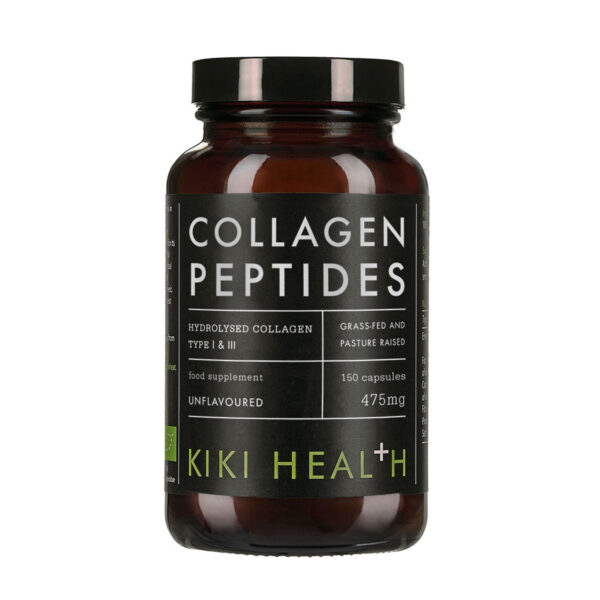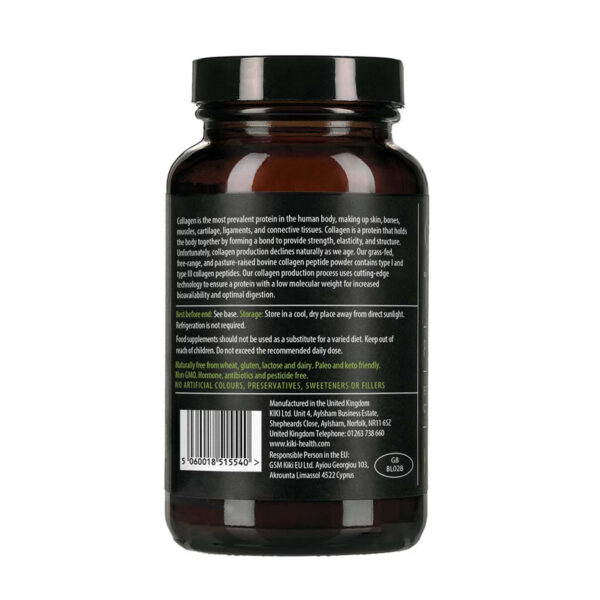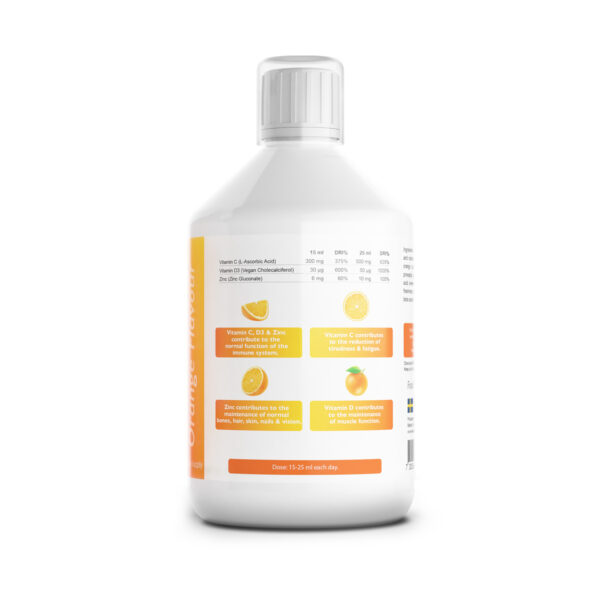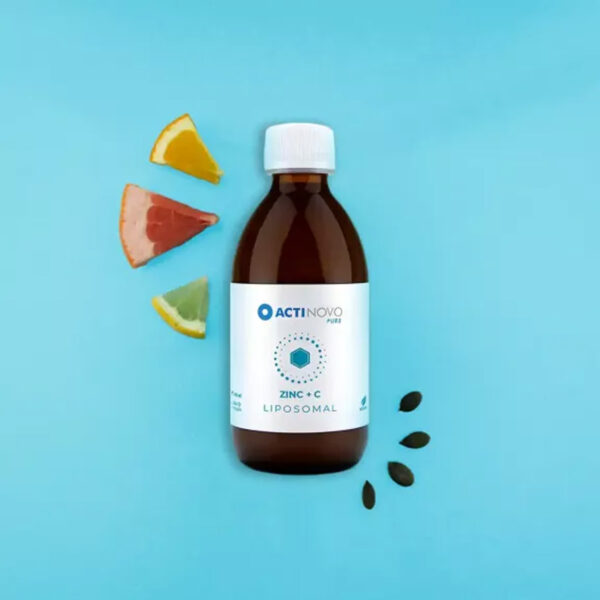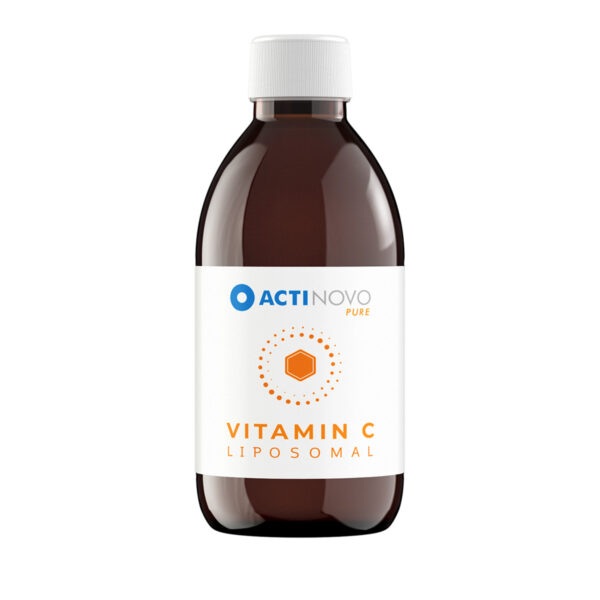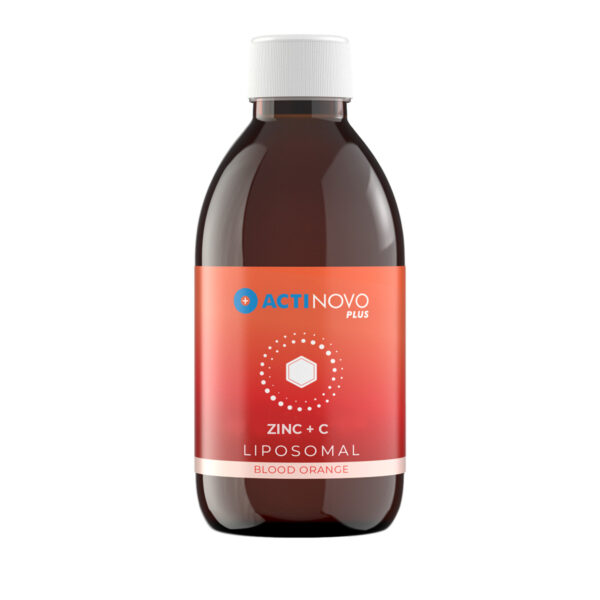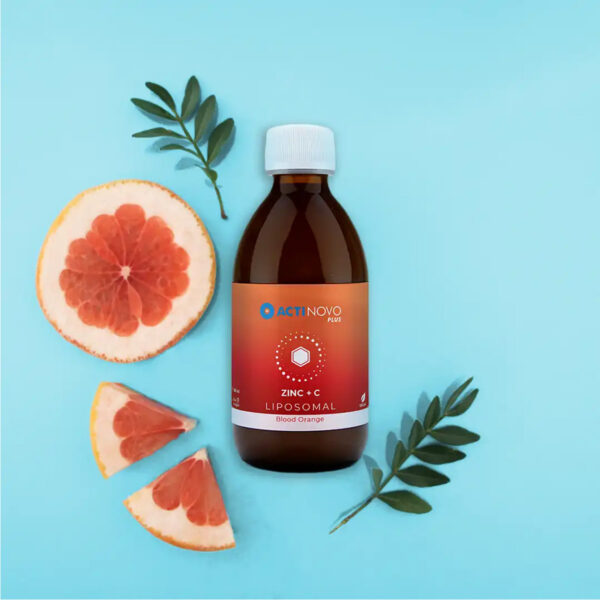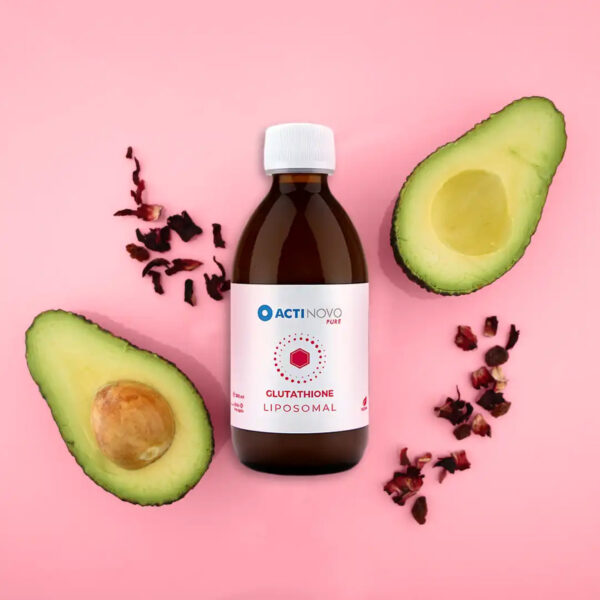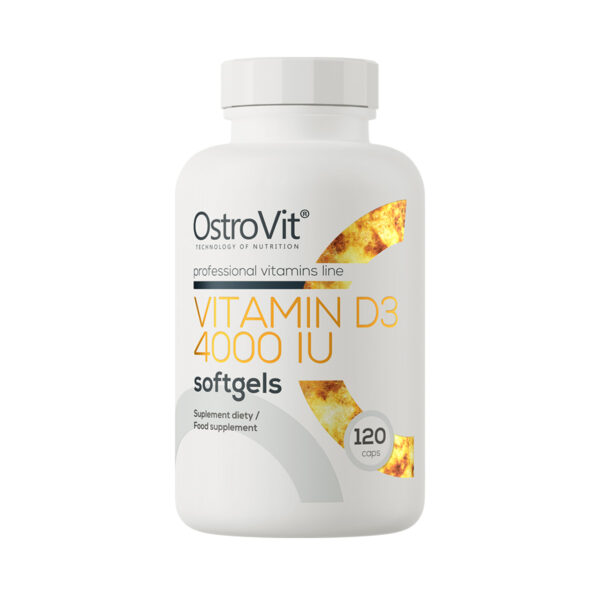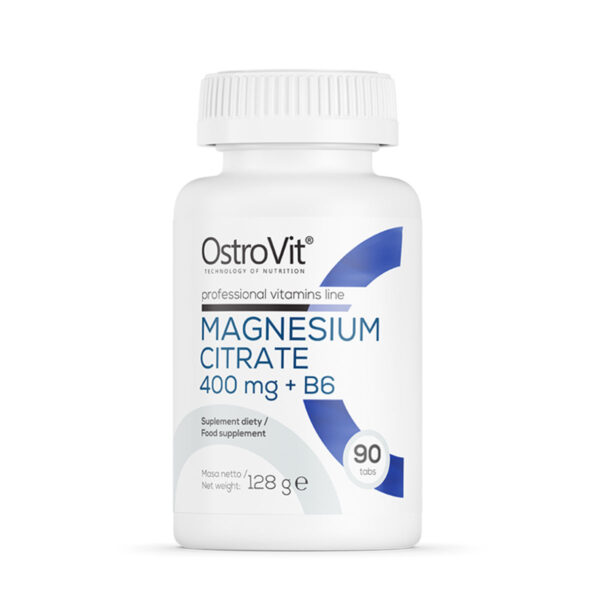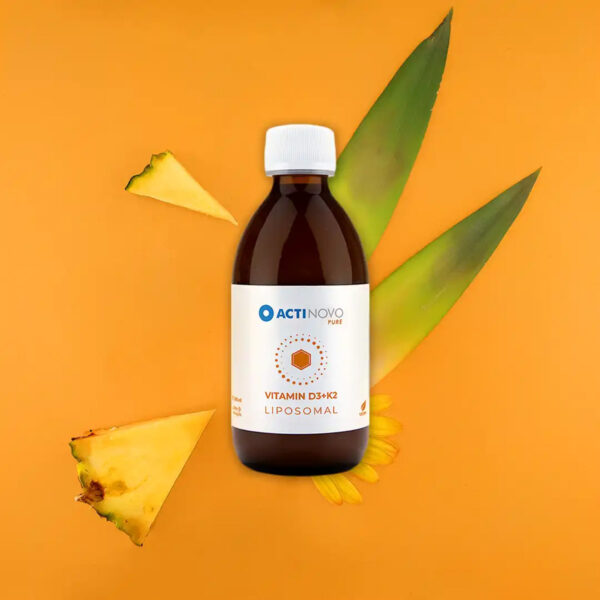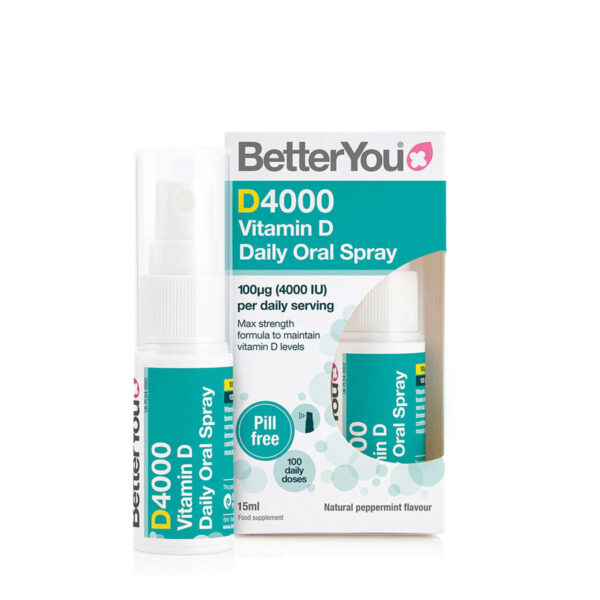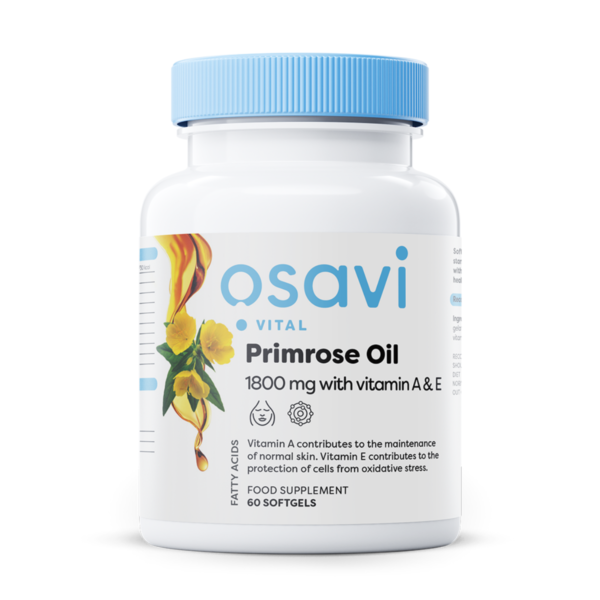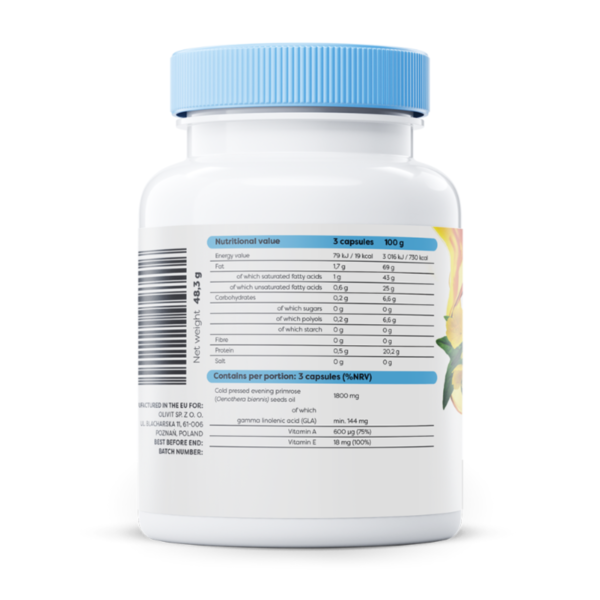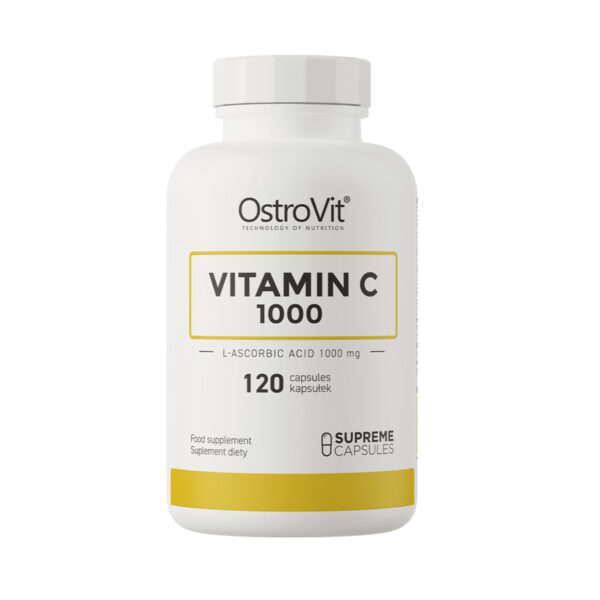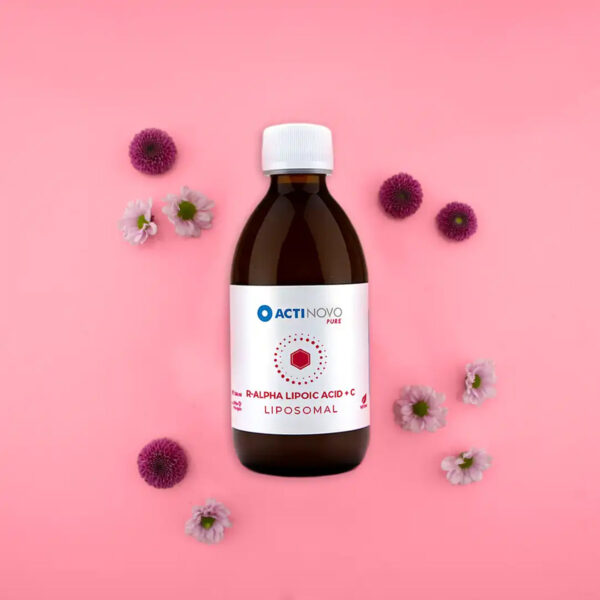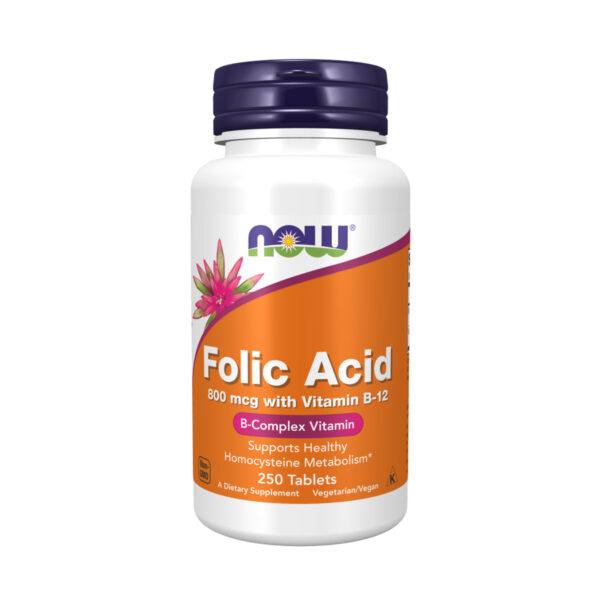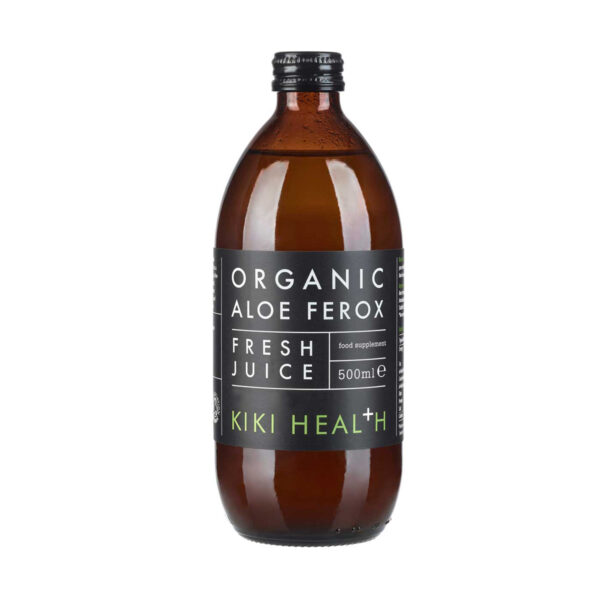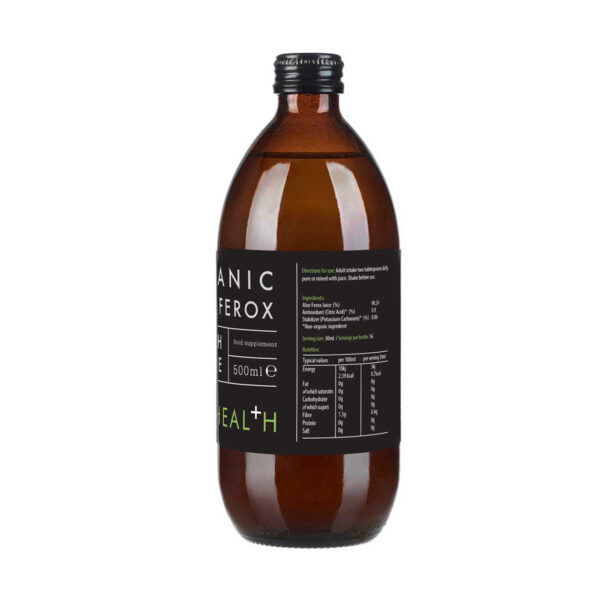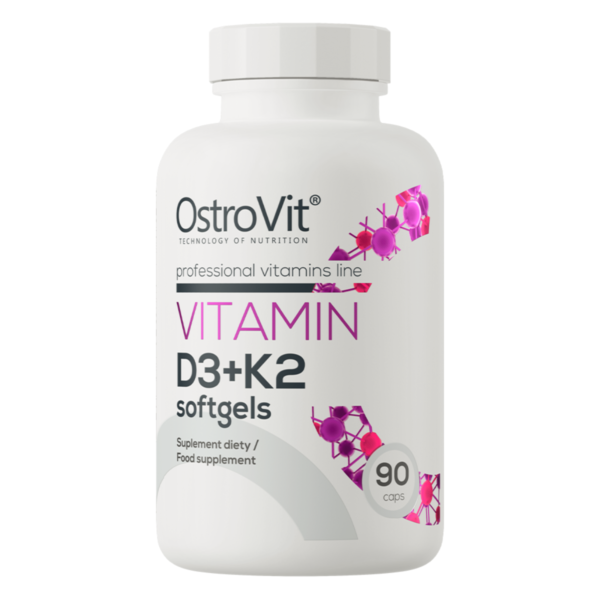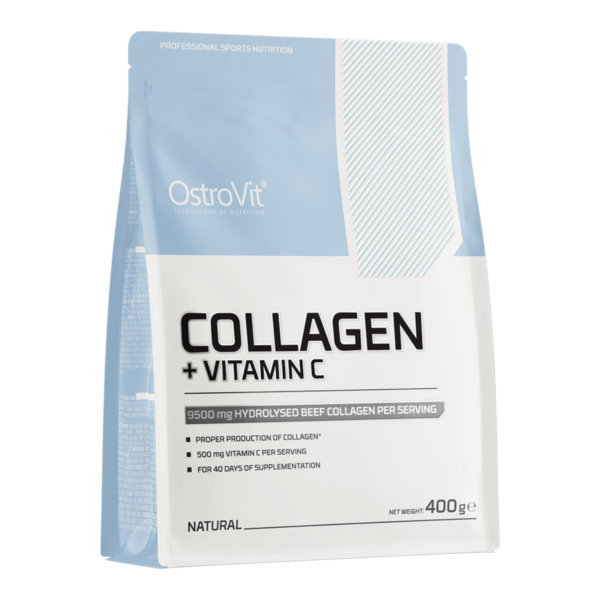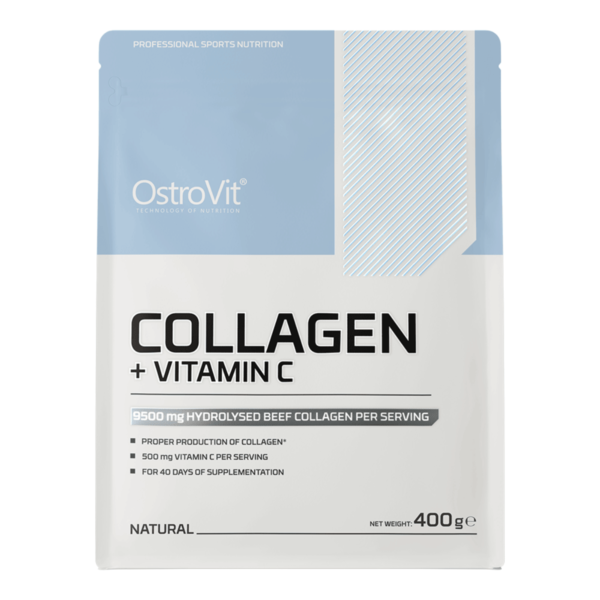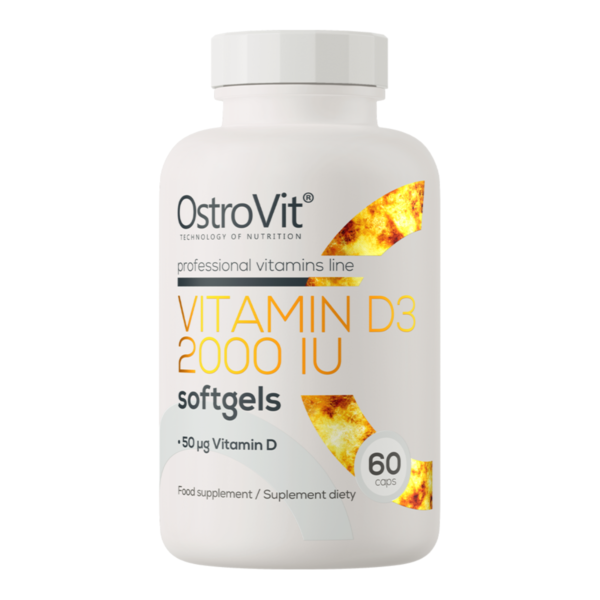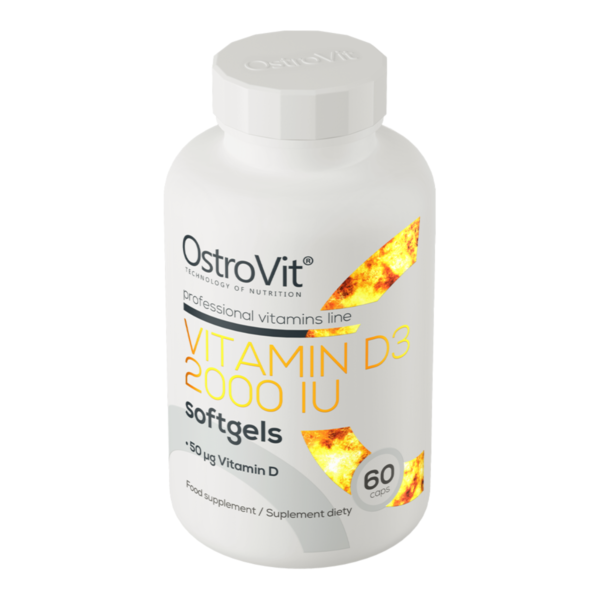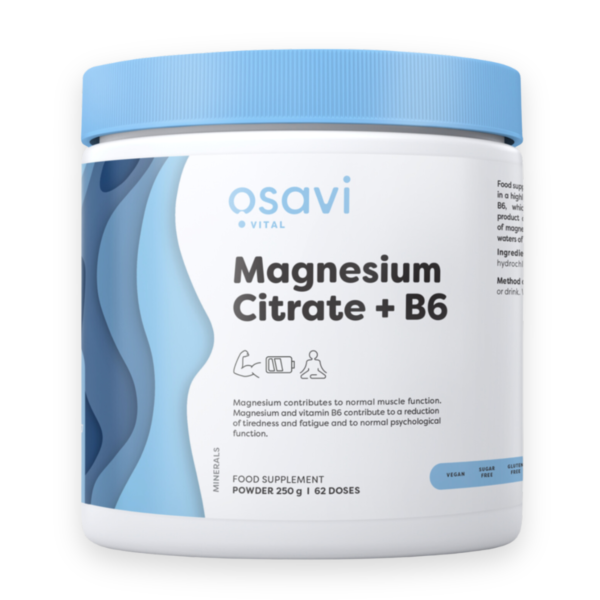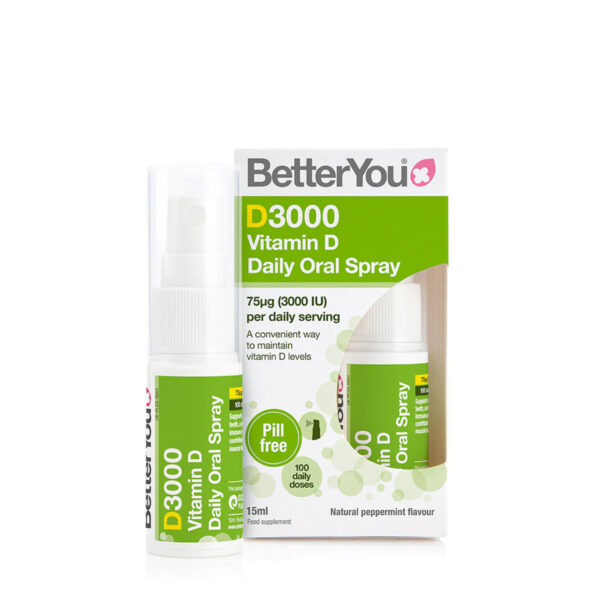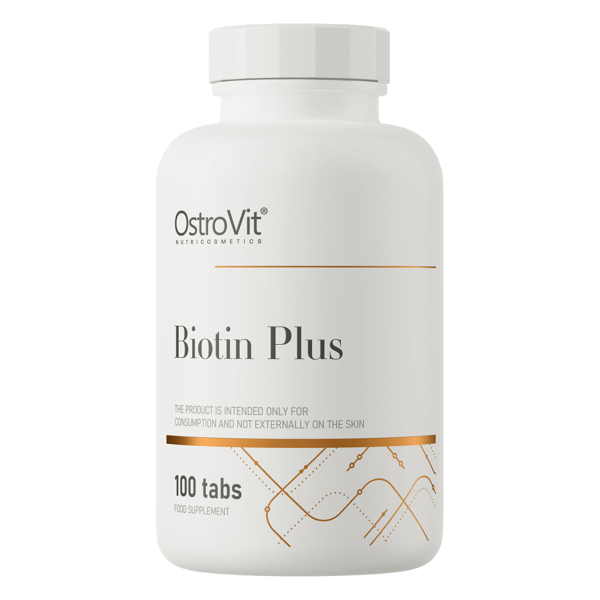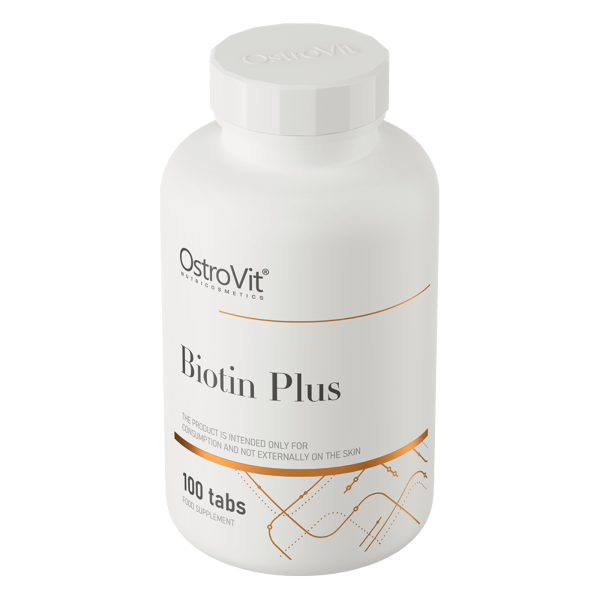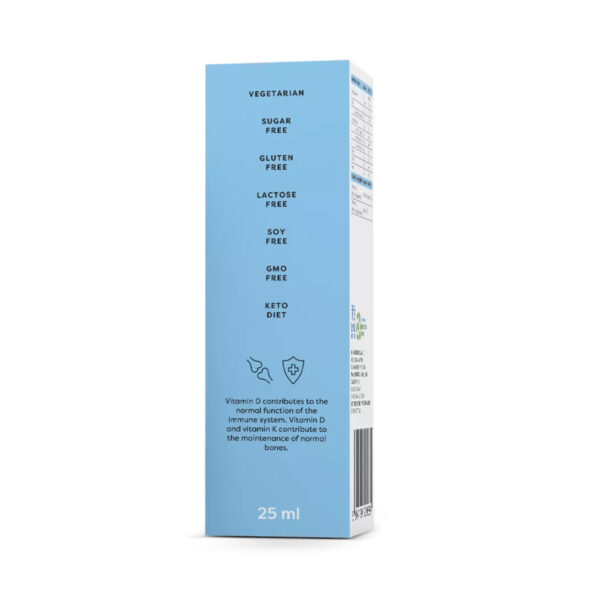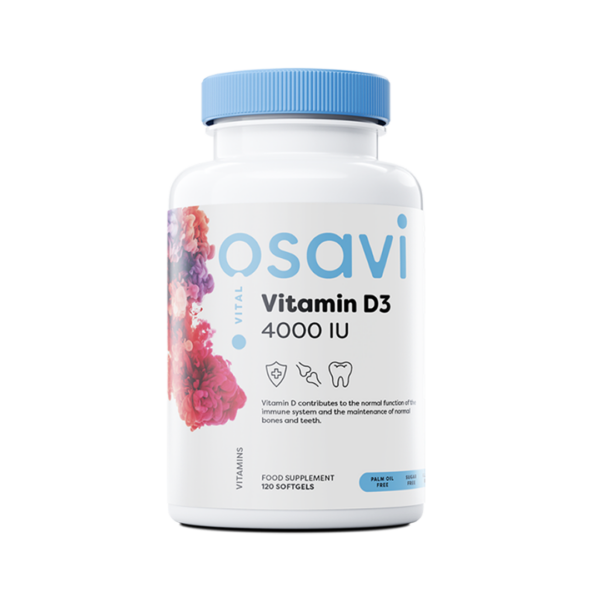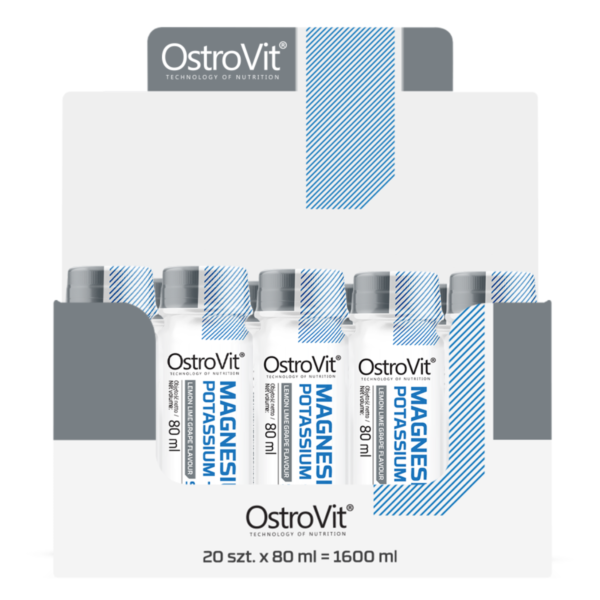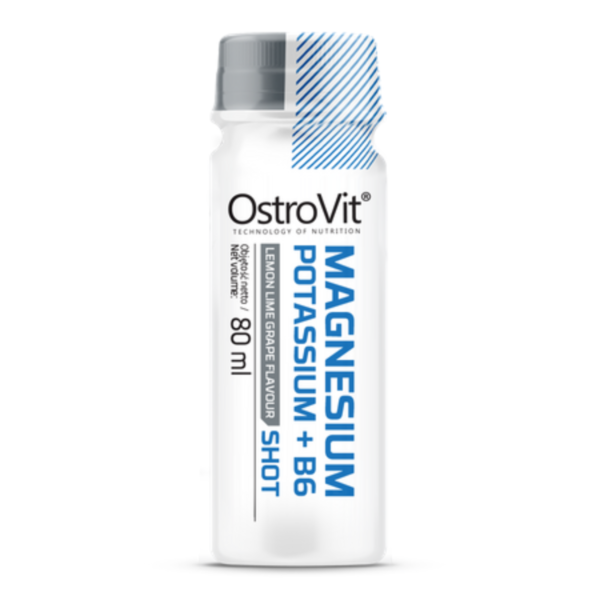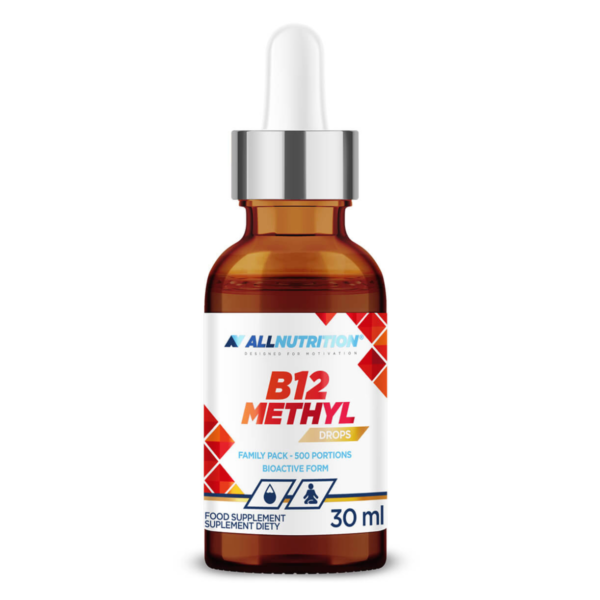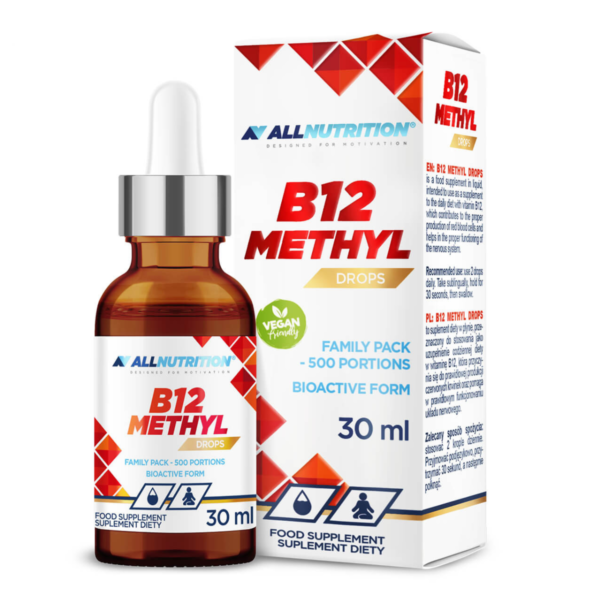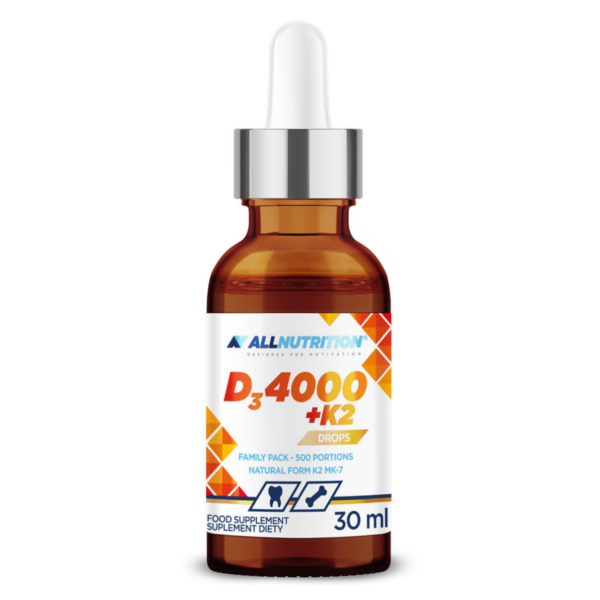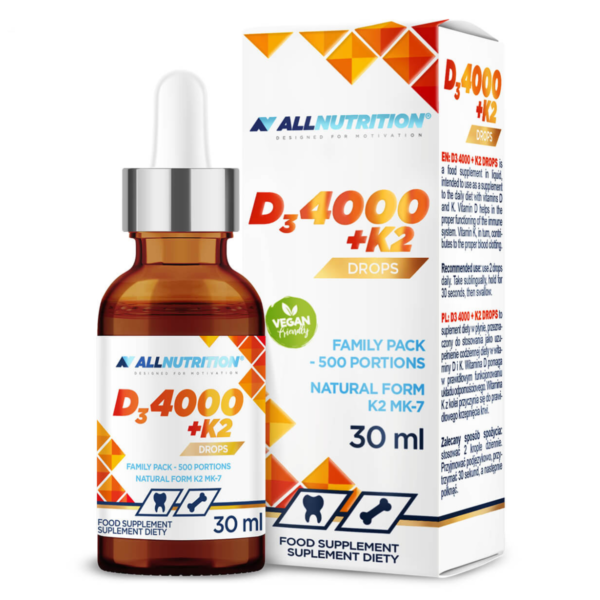Vitamins and minerals in autumn

Autumn is a time when the days get shorter and the weather cooler. This can affect our health in many ways. Autumn’s fluctuating temperatures can lead to tiredness and fatigue and a weakened immune system. A good diet and adequate intake of vitamins and minerals can help to stay healthy during this difficult time.
Which vitamins and minerals are recommended in autumn?
In the following section, we introduce the essential vitamins and minerals that we recommend you pay more attention to during the autumn-winter period:
VITAMIN C
- Vitamin C is important for the immune system, helping to protect cells from oxidative stress. It helps the body fight infection and speeds up wound healing. Vitamin C is found in citrus fruits, berries, peppers, broccoli and cabbage.
VITAMIN D
- Vitamin D is important for bone and dental health and the immune system. Vitamin D is synthesised by the body when exposed to sunlight, but unfortunately vitamin D deficiency is very common in our climate. Vitamin D is found in fish, eggs and dairy products.
A-VITAMIN
- Vitamin A is important for vision, the immune system and the skin. Vitamin A is found in liver, egg yolks, dairy products, dark green vegetables and orange fruits.
E-VITAMIN
- Vitamin E is an essential antioxidant that helps protect cells from oxidative stress. Vitamin E is found in nuts, seeds, oils and whole grains.
GROUP B VITAMINS
- B vitamins are essential for energy production, nervous system and muscle health, and the immune system. B vitamins are found in a wide variety of foods, including cereals, meat, fish, eggs, dairy products and vegetables.
TSINK
- Zinc is an important immune booster, as well as being important for cell renewal and repair. Zinc helps fight inflammation and supports wound healing.
SELEEN
- Selenium is an essential antioxidant that helps protect cells from damage. Selenium helps strengthen the immune system and supports thyroid function.
MAGNEESIUM
- Magnesium is an essential mineral involved in more than 300 body functions. Magnesium helps strengthen the immune system, support muscle and nerve function and reduce stress.
RAUD
- Iron is essential for the production of red blood cells, which carry oxygen to our bodies. Iron deficiency can cause fatigue, weakness and shortness of breath.
KAALIUM
- Potassium is an essential mineral that helps regulate blood pressure, heart rhythm and muscle function. Potassium deficiency can cause fatigue, dizziness and muscle cramps.
Here are some foods that are good sources of minerals:
- Zinc: meat, seafood, eggs, nuts, seeds
- Selenium: meat, seafood, nuts, seeds
- Magnesium: wholegrain products, pulses, nuts, seeds, bananas.
- Iron: meat, seafood, dark green leafy vegetables, beans, lentils.
- Potassium: fruits, vegetables, wholegrain products, dairy products.
How to ensure adequate intake of vitamins and minerals?
The best way to get vitamins and minerals is through a varied and healthy diet. Make sure your diet includes fresh fruit and vegetables, wholegrain products, meat, fish and dairy products.
If you cannot get enough vitamins and minerals from your diet, you may need to take food supplements. Supplements should be taken as advised by your doctor or dietician.
Additional tips for autumn immune support.
In addition to vitamins and minerals, it is important to support the immune system in autumn:
- Get enough sleep. Sleep deprivation weakens the immune system.
- Exercise regularly. Regular exercise strengthens the immune system.
- Avoid stress. Stress can weaken the immune system.
- Get some fresh air. Fresh air and sunlight are important immune boosters.
In autumn, it is particularly important to pay attention to vitamin and mineral intake. Try to eat a varied diet and consume enough vitamins and minerals to keep your immune system strong and to help your body resist viruses and other health problems that can plague you at this time of year.





